Charbel-Raphaël Segerie

I am currently the executive director at CeSIA.
I work mainly on AI safety. I have organized and led the Turing Seminar, a course on AI safety in the MVA Master's program, and the bootcamps ML4Good. You can find here my recent work on AI safety, which focuses on RLHF and interpretability.
I was TA in London for ARENA, in Berkeley for the MLAB, and CTO of Omnisciences. I've researched at Inria Parietal and Neurospin, and enjoy philosophy and jazz piano.
Here is my LinkedIn, Twitter, and Github.
| Teaching | Research | Entrepreneur | Softwares | Fun |
| 🆕 Textbook draft 🆕 | Short bio |
Teaching
MVA: I teach at the MVA Master’s program of ENS Paris-Saclay the course Turing Seminar – An introduction to AGI Safety.
ML4Good Summer school: I designed the program for the international ML4Good bootcamps to help master’s students and young researchers upskill in AI safety. The program has been conducted three times in France, twice in Switzerland, and once in Germany.
Training Day at ENS Ulm: I gave a series of lectures over an entire day at ENS Ulm to introduce technical AI safety. The lecture series is available as a YouTube playlist.
Responsible ML: I contributed to the Responsible Machine Learning course of the MVA Master’s program , to evaluate student groups on their technical AI safety projects.
MLAB, TA, Berkeley: I was a TA in Berkeley during the MLAB which was a hands-on introduction to state-of-the-art ML techniques (e.g. transformers, deep RL, mechanistic interpretability).
Global Call for AI Red Lines

I was the initiator and co-lead of the Global Call for AI Red Lines, an international campaign calling for governance mechanisms to prevent catastrophic risks from artificial intelligence. Read more about the campaign here. The campaign achieved:
- Signatures from 10 Nobel laureates, 9 former heads of state and ministers, industry senior staff, and 90+ organisations worldwide
- 300 media mentions in prestigious outlets worldwide (The New York Times, Time, BBC, NBC, Le Monde, etc.)
- Introduction at the UN General Assembly by Nobel Peace laureate Maria Ressa
- Highlighted by Yoshua Bengio at a high-level meeting of the UN Security Council
The campaign opened a window for concrete multilateral action on AI governance and has been praised by many organizations.
Research
My research focuses on AI safety. I’ve worked notably on the theory of RLHF and interpretability, as well as safe by design AI approaches.
Noteworthy papers and blog articles:
- Ségerie, C. R., Against Almost Every Theory of Impact of Interpretability, 2023
- Ségerie, C. R., Davidad’s Bold Plan for Alignment: An In-Depth Explanation, 2023
- Ségerie, C. R., Compendium of problems with RLHF, 2023
- Casper, S., Davies, X., Shi, C., Gilbert, T. K., Scheurer, J., Rando, J., … & Hadfield-Menell, D. (2023). Open problems and fundamental limitations of reinforcement learning from human feedback. arXiv preprint arXiv:2307.15217
- Laurençon, H., Ségerie, C. R., Lussange, J., & Gutkin, B. S. (2021). Continuous homeostatic reinforcement learning for self-regulated autonomous agents. arXiv preprint arXiv:2109.06580.
I’ve supervised several small research groups during the ML4Good training bootcamps, as well as student groups from the PSC of École Polytechnique, during the “apart research” hackathons, a hackathon I organized with Collège de France on AI safety, during the Entrepreneur First hackathon organized at Meta, and during the advanced upskilling program ARENA. For a selection of projects I’ve supervised, please refer to the Effisciences AI website.
I was a speaker at the international conference “Funding the Common”, where I delivered a talk titled “Artificial General Intelligence Alignment: Difficulties in Current Techniques & Better Preference Elicitation”.
Entrepreneur
Omniscience - A search engine for academic papers
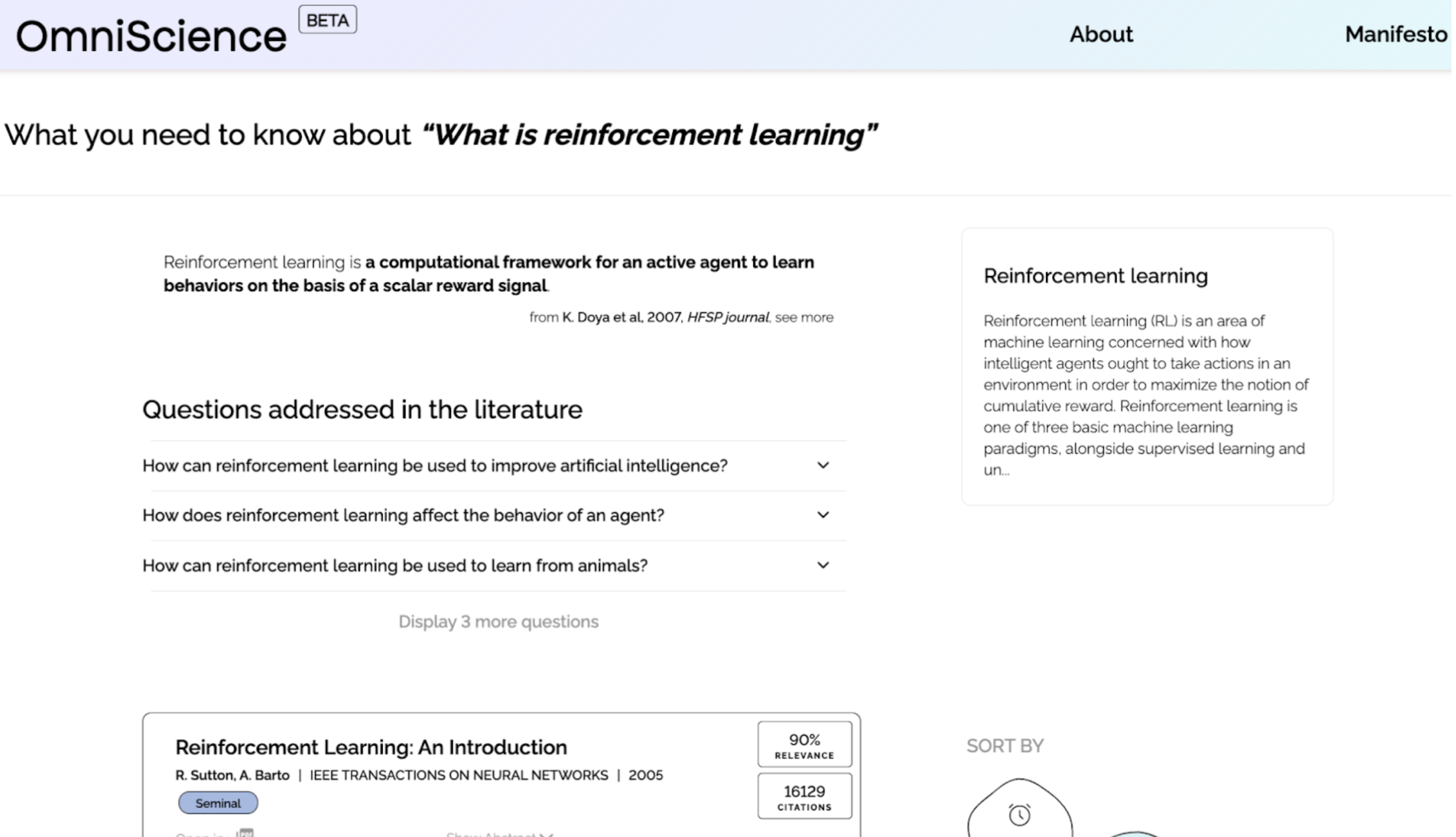
I was the CTO for a year at a 5-person startup, attempting to create a search engine for academic papers. This involved trying to use LLMs to help compile literature reviews semi-automatically, fine-tuning numerous AIs for specialized tasks, and building a semantic database engine. Unfortunately, the technology was not mature enough at the time. A writeup (about part of the journey) is available here. The website is no longer functional. The code is open-source here.
Softwares
Contributions to Open Source Projects
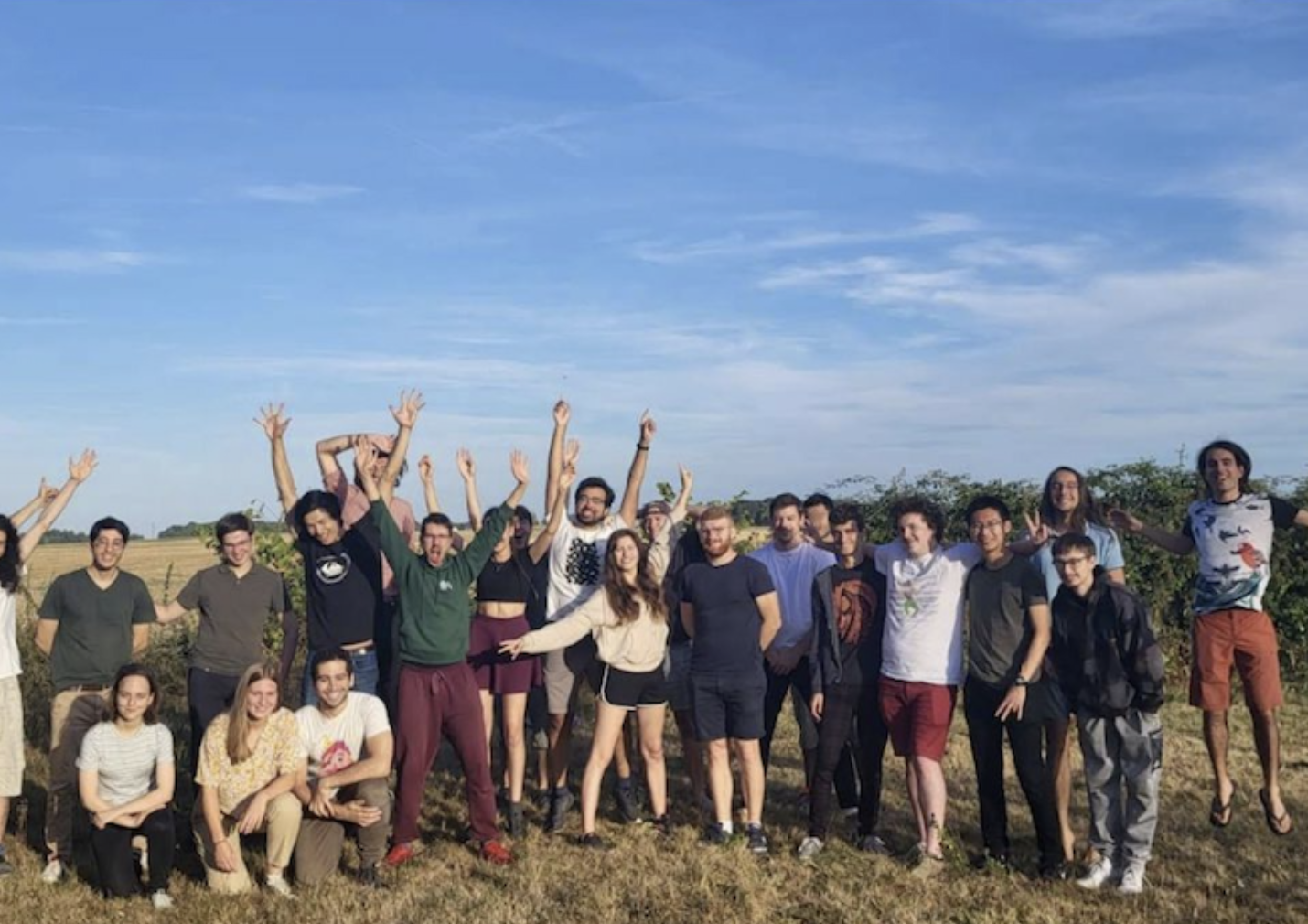
I’ve contributed to numerous open-source projects:
- ML4G, the repository containing the practical sessions of the AI safety upskilling bootcamps. I’m the main developer of this course.
- mne-bids-pipeline, a template for a group study using MNE Python software, for electroencephalographies.
- AutoML, a library that facilitates active learning across different modalities. I’m was the main contributor of this repo.
Microeconomic Inference Library
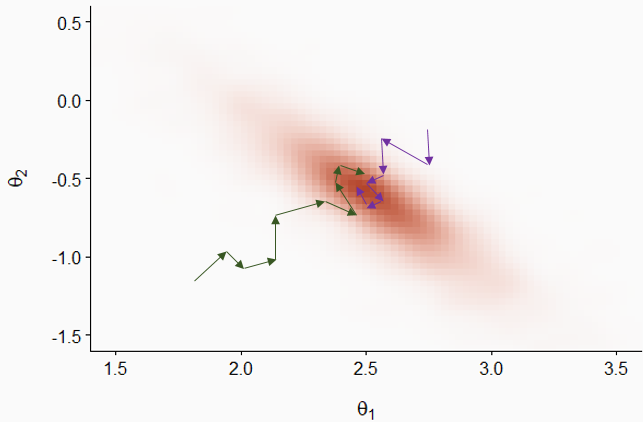
I interned at PriceMoove, where I built a microeconomic inference library that utilized hierarchical Bayesian machine learning. The code is proprietary and not open-source, but I’m very proud of it.
Old projects
SinGAN analysis with PatchMatch algorithm
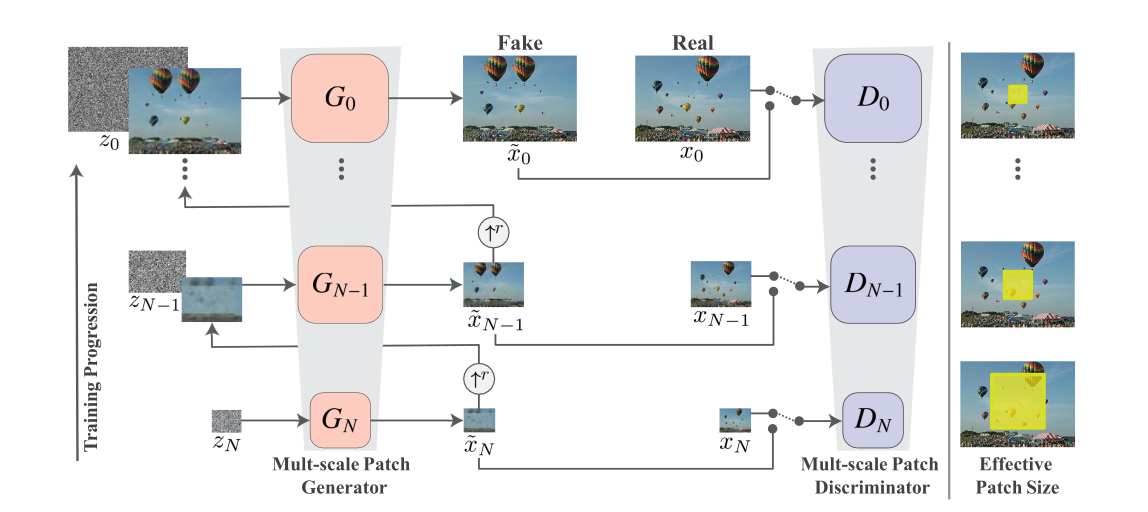 SinGAN is a generative model that can be learned from a single natural image. We propose a rigorous method to evaluate the image creation capabilities of a GAN using the PatchMatch algorithm.
SinGAN is a generative model that can be learned from a single natural image. We propose a rigorous method to evaluate the image creation capabilities of a GAN using the PatchMatch algorithm.
I've proposed a new attention architecture
The human brain combines top-down and bottom-up signals. Bottom-up signals result from direct perception, while top-down signals take into account past experience.
Graphical Models
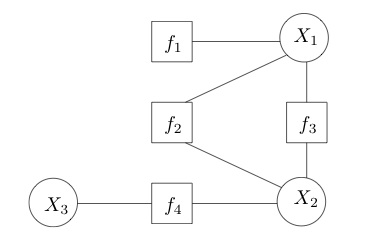
I worked on the Belief Propagation algorithm, and unified the notations between causal Bayesian graphs and factor graphs. Take the time to look at our report, which contains some very nice maths. We have also written a very versatile implementation of the belief propagation algorithm for factor graphs.
Bayesian Machine Learning
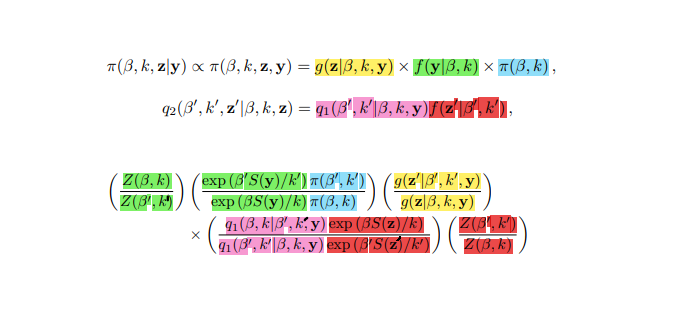
I’ve worked on the coherence of the nearest neighbor algorithm with the Bayesian axioms of probability. This project required the writing of highly optimized Numba routines.
3D Computer Vision
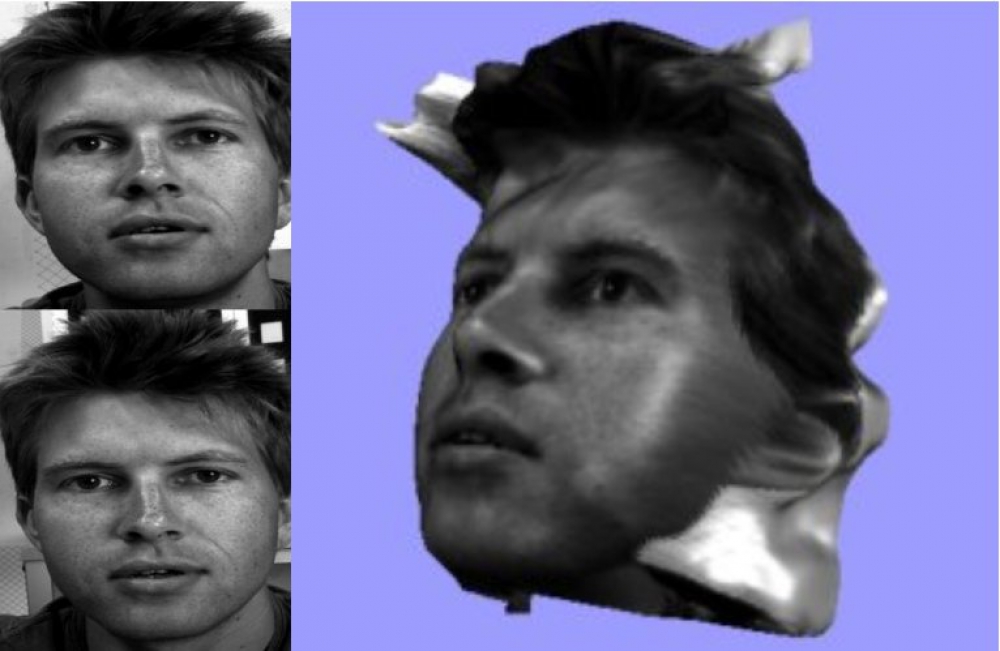
In this repository, you will find my work done during the course of 3D computer vision. During the last TP, we reconstructed a face in 3D from two photos.
Neuroimaging
BCI Competition
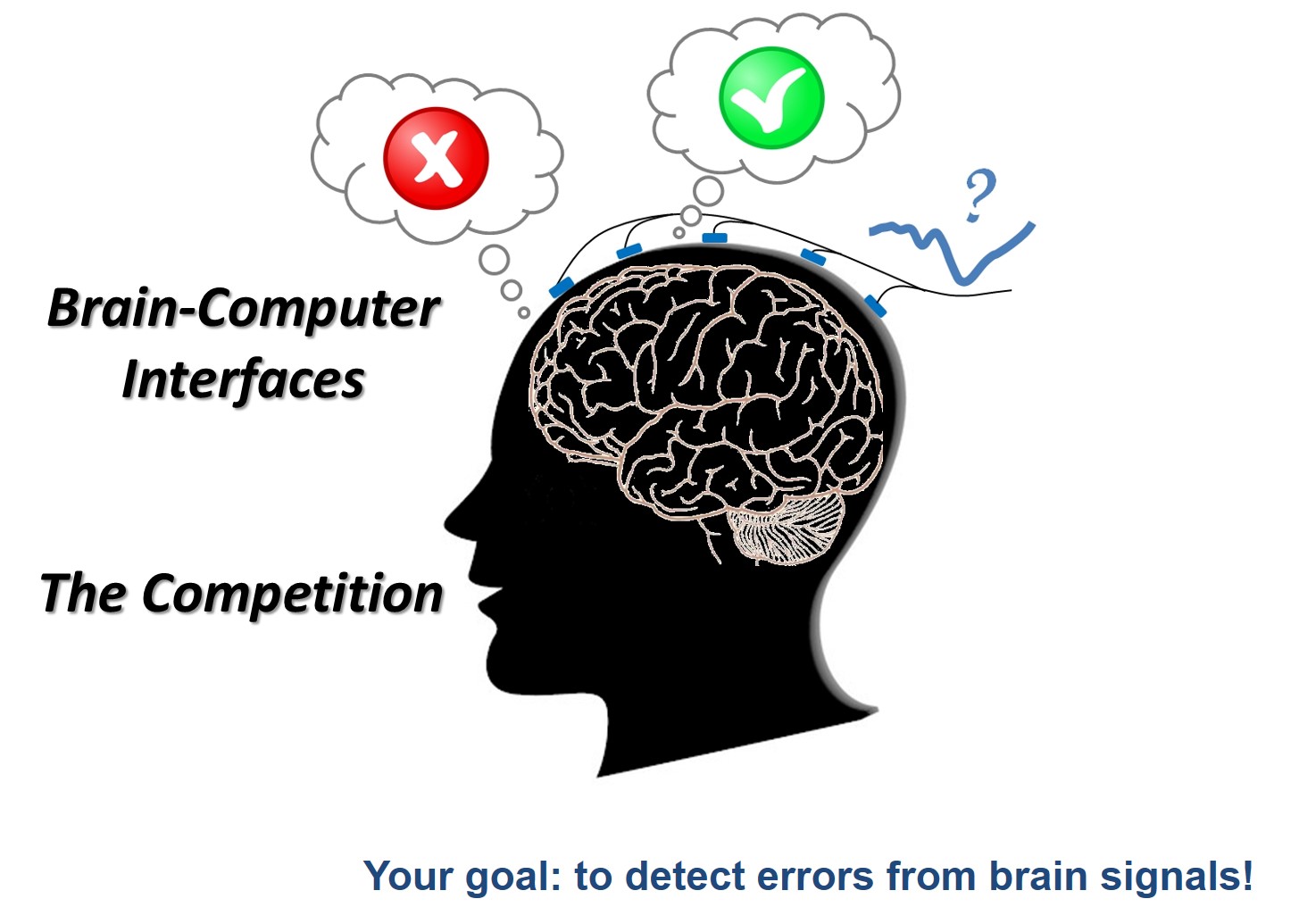
Here is a solution to the Inria-BCI competition. This solution would be ranked 4th in the original competition.
fMRI Statistics
In this repository you will find an efficient implementation of the paper All resolution inference for brain imaging. This paper proposes a new methodology to construct brain statistics when using fMRI data.
EEG Analysis
In this repo, I apply the methodology of MEG signal analysis using the MNE library.
Competitions
KIRO2018

In this repository, you will find the winner’s solution of the KIRO2018, in partnership with Air France. We build in an iterative way a solution to the scheduling problem of the Air France aircraft fleet.
KIRO2019
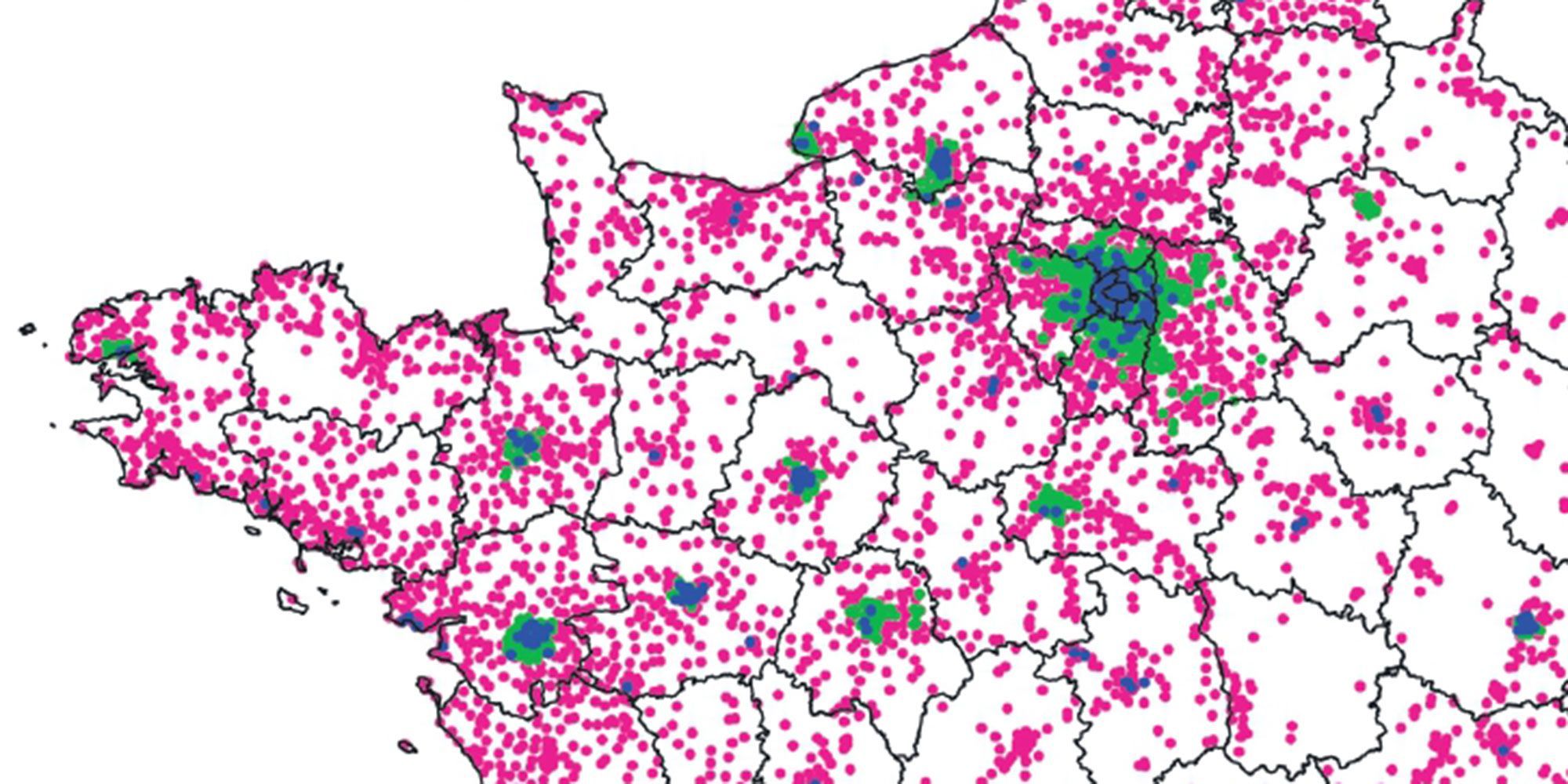
In this repository, you will find the winner’s solution of the extended competition of the KIRO2019. We efficiently built the graph of 5G antennas connected by optical fiber in major French cities.
Fun
Consciousness
<img src=https://res.cloudinary.com/lesswrong-2-0/image/upload/f_auto,q_auto/v1/mirroredImages/Ru2cDrre6D4gkf734/gdmnd3oxiw3jucut71ky?/>
In this blog post, I claim to have disolved the hard problem of consciousness.
Biostatistics

In this paper written to validate the Biostatistics course, I critique/destroy the statistical methodology used by two highly cited papers written at the beginning of the Covid epidemic.
Automatic boogie woogie Generation
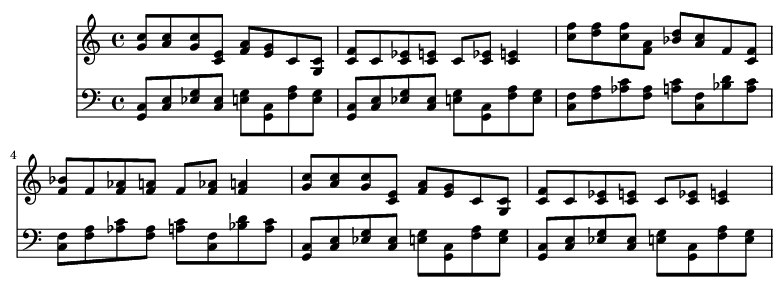
Boogie-Woogie is great fun to play on the piano, and it’s also pretty easy to automate.
Gestalt Essay
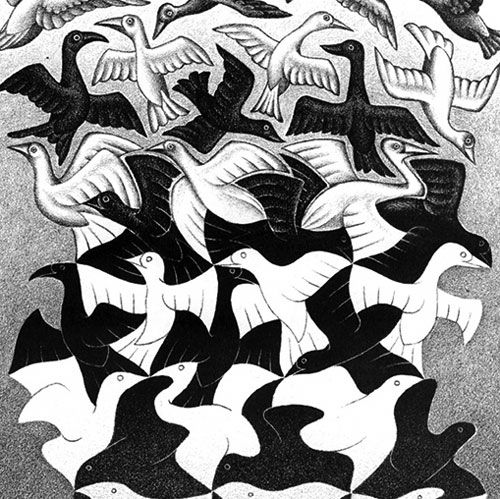
In this essay, I use concepts from Gestalt psychology to describe the patterns of the birds of Escher and I play with the attention of the viewer. Gestalt psychology is in a way the ancestor of the interpretability of neural networks in vision processing.